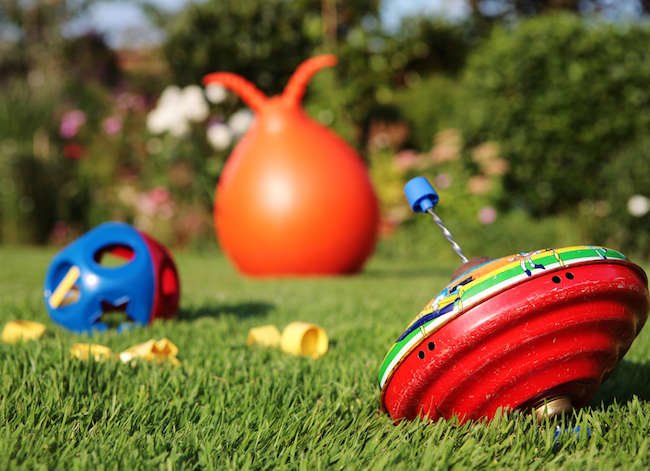

We may earn revenue from the products available on this page and participate in affiliate programs. Learn More ›
Kids
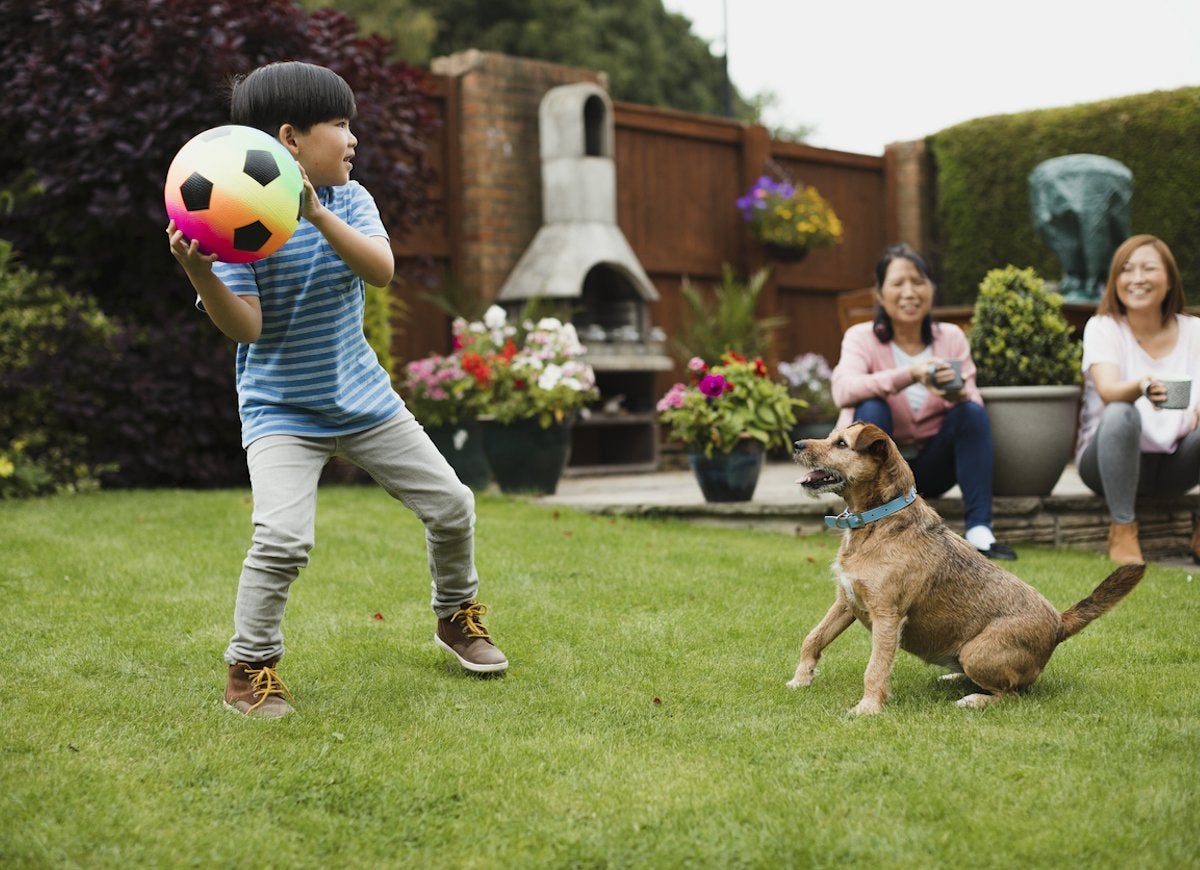
This may seem like common sense, but it’s a fine balance. Your kids need the freedom to run wild in your own yard, but leaving children unattended for long periods of time is inadvisable. Although the yard is close to home, it is not free from danger: hazards include pools, toxic chemicals in fertilizer, inedible plants, cars, or strangers. Educate your kids about outdoor safety and keep an eye on them from a nearby patio chair or from the kitchen window, depending on their age.
Pets
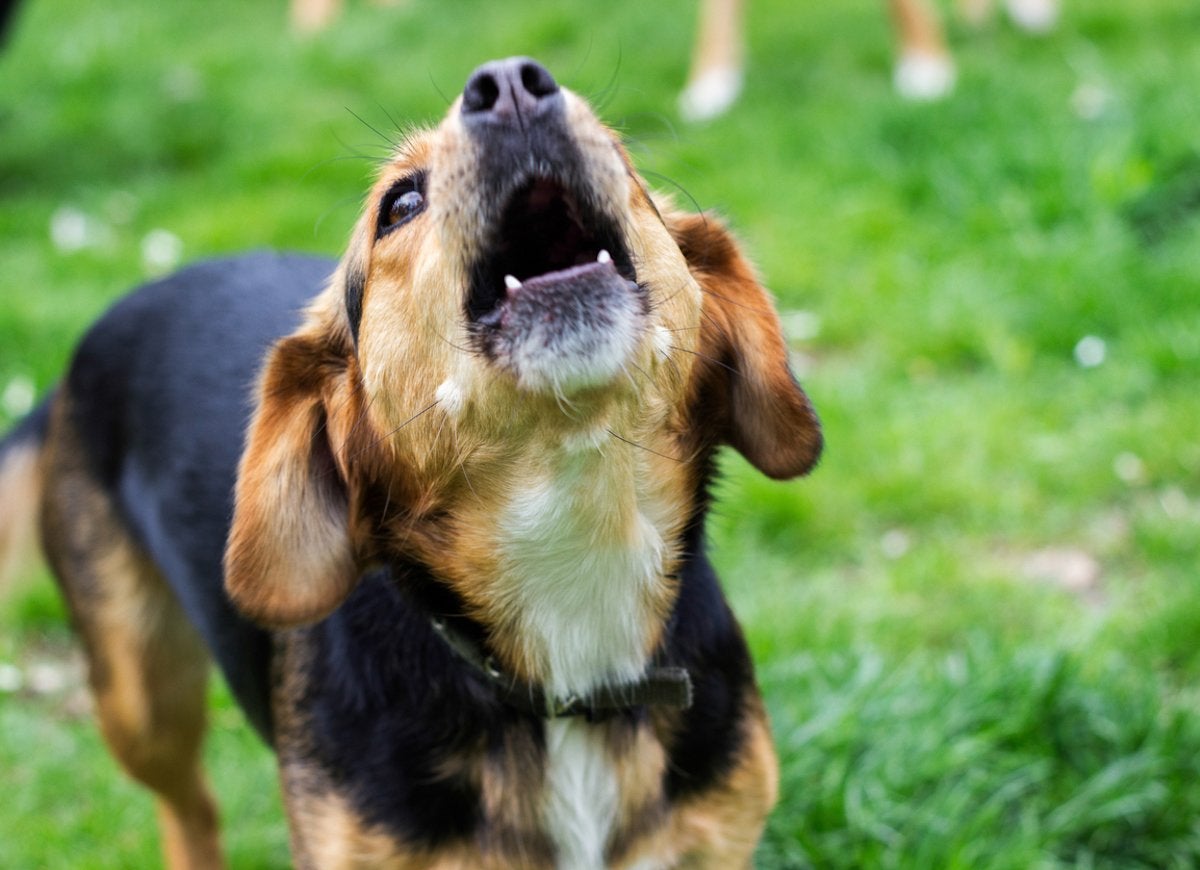
Nothing is more bothersome to neighbors than a barking dog. However, potential noise complaints aren’t the only reason to bring a pet indoors. Leaving animals outdoors for long periods of time can be harmful to their physical and mental health. In fact, animal neglect is a crime and should be reported, according to the Humane Society.
Partygoers
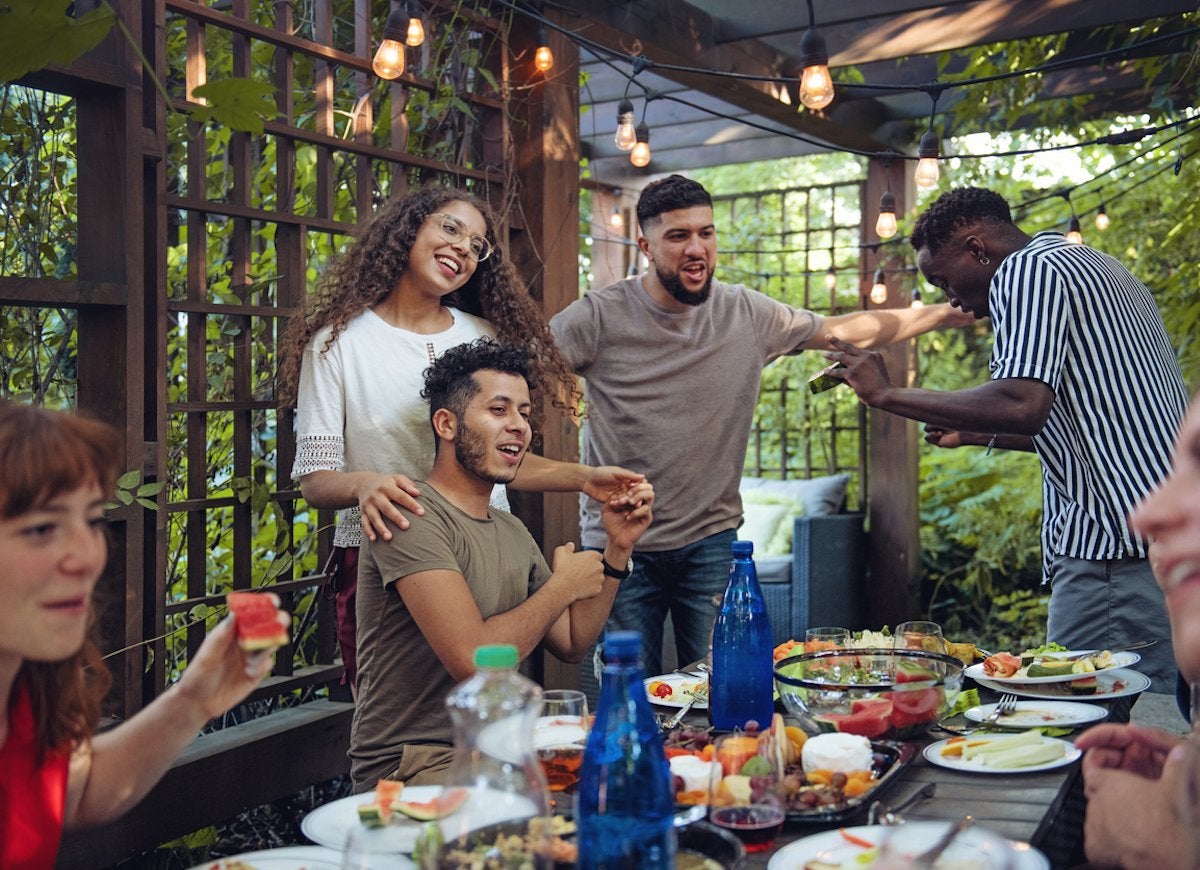
Summer is the perfect time for a garden party but allowing revelers to toast and celebrate loudly at all hours is not neighborly behavior. Alcohol consumption impairs hearing, which is why people start speaking louder after they’ve had a few drinks. Know your local noise ordinances and invite people inside at a reasonable hour, keeping in mind that what’s “reasonable” may differ depending on the culture of your neighborhood, the night of the week, and whether or not there are infants or schoolchildren sleeping in nearby houses.
Spare Key
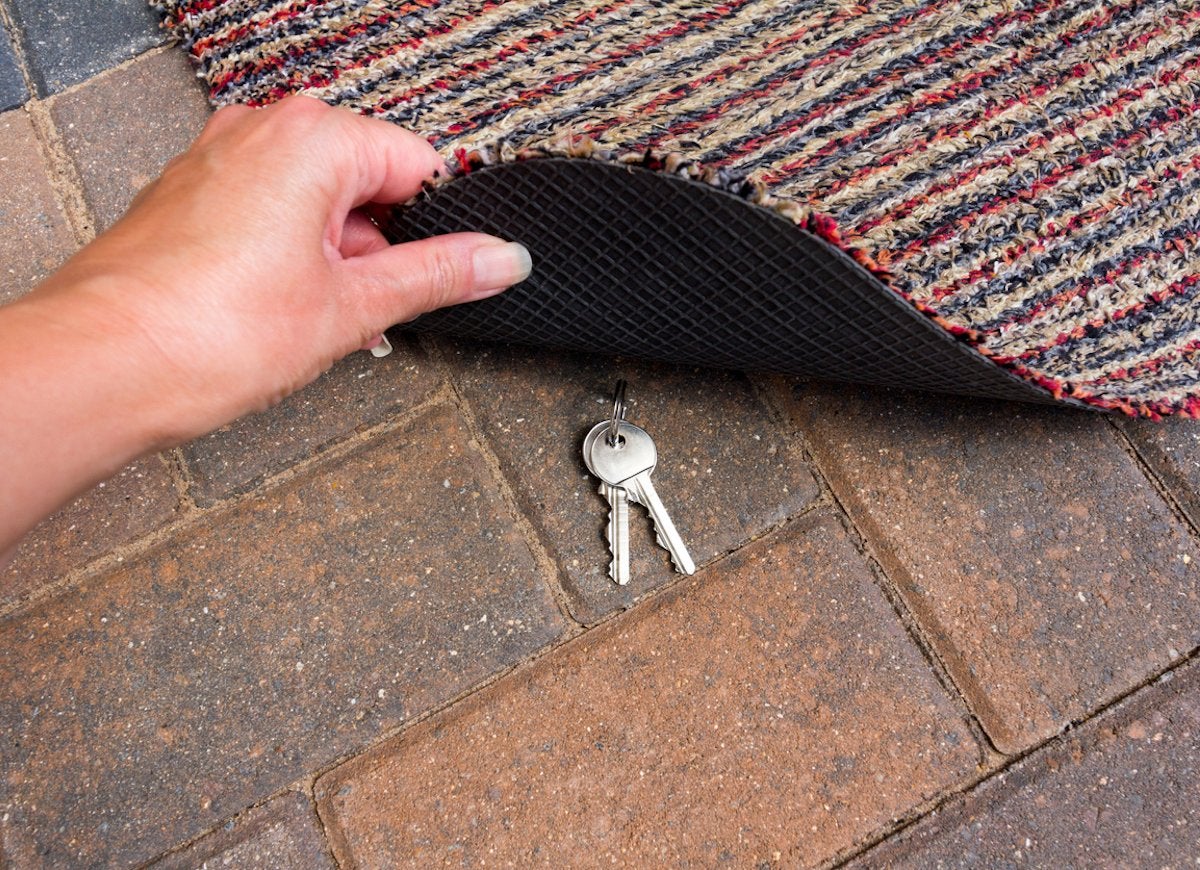
Even if you trust your neighbors, leaving a spare key under the mat or in a “secret” outdoor location is unwise. Instead, buy an exterior waterproof key safe and give the combination only to those who need it, such as a house sitter or guest.
Bicycles and Scooters
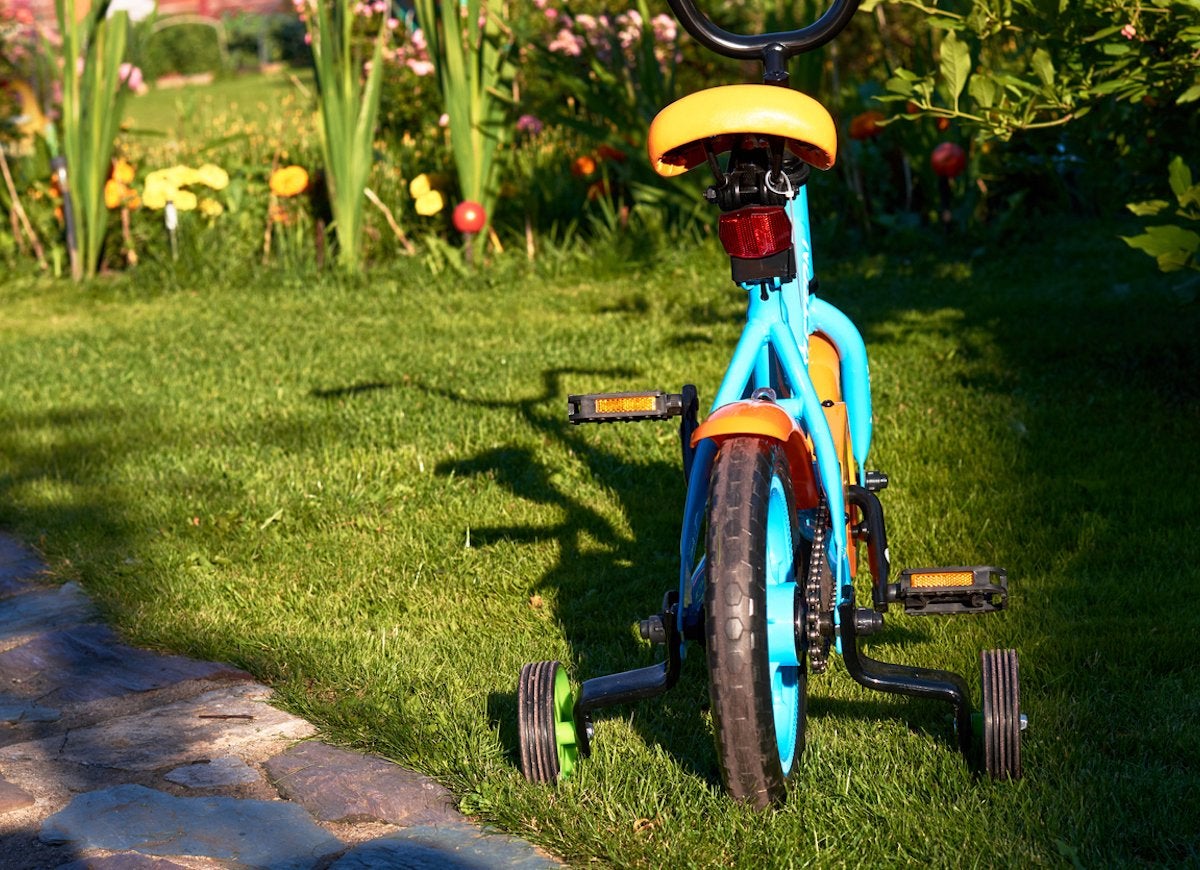
Bike theft is on the rise and the FBI estimates that over 1.5 million bicycles are stolen each year, making it unwise to store your bicycles outside. Add to this damage caused by rain and the elements, and you’d be better off parking your bike or scooter inside. You can also register your bike with 529 Garage, a nonprofit committed to theft prevention and bicycle recovery.
Mail and Deliveries
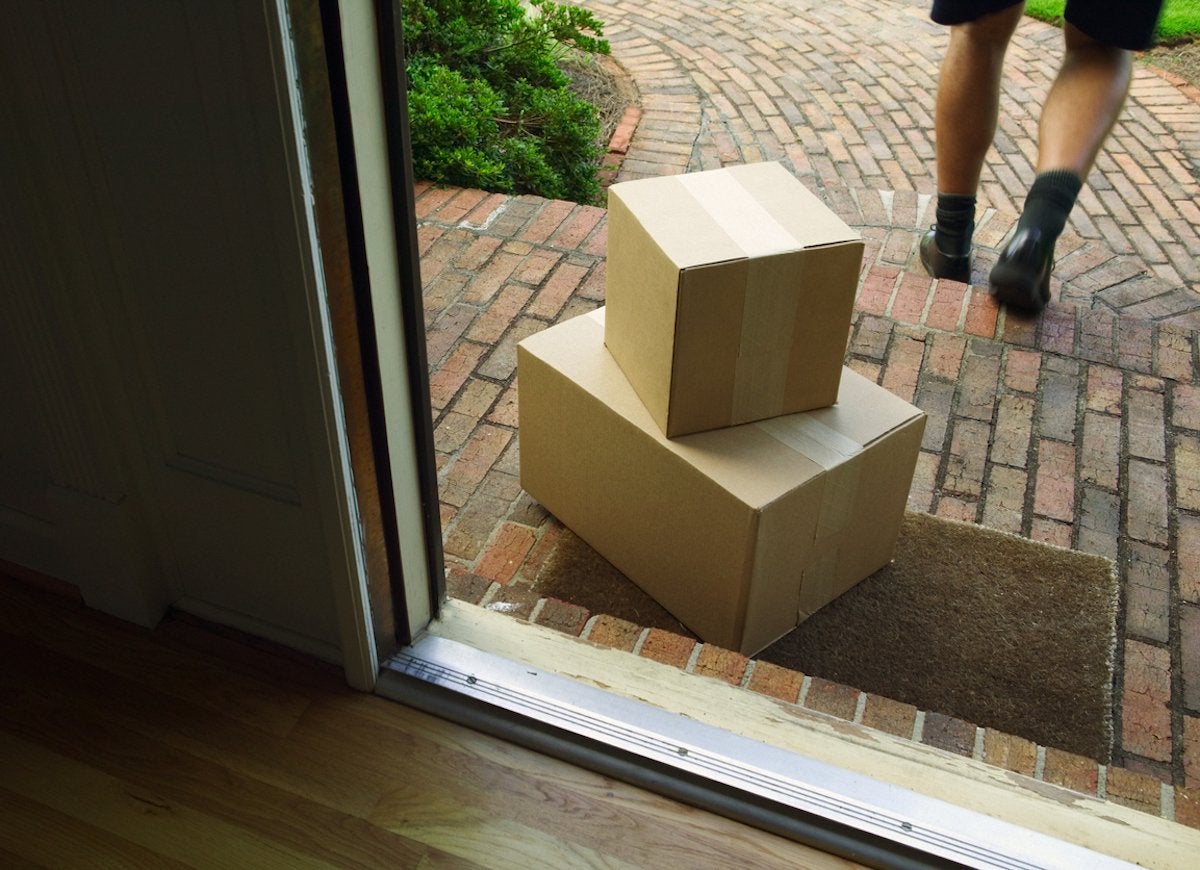
Millions of Americans have packages stolen from their doorsteps each year, and mail and deliveries that pile up outside signal to burglars that no one’s at home, putting the entire household at risk. If you anticipate a spate of online shopping, try alternative delivery methods including Amazon Locker, which ships items to secure locations that you can access via a security code, or inquire about other secure delivery options from FedEx, UPS, and USPS.
Toys and Games
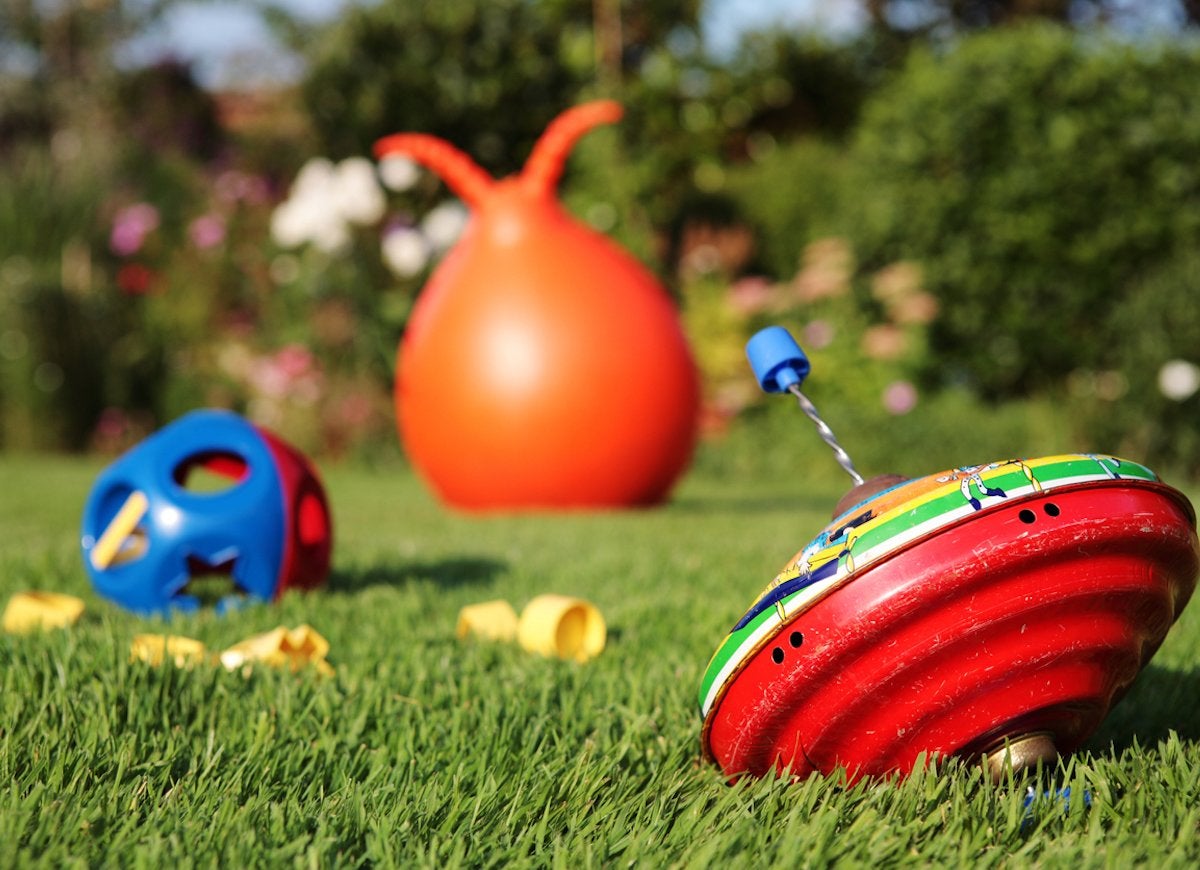
Mold and pests that infiltrate a plush toy that’s been left outside can turn a teddy bear into a health liability. But there are other reasons to bring your kids’ toys inside each night, including theft or tripping hazards. Make clean-up easy by designating a toy area in your garage, and remind your kids to take care of their belongings.
Trash
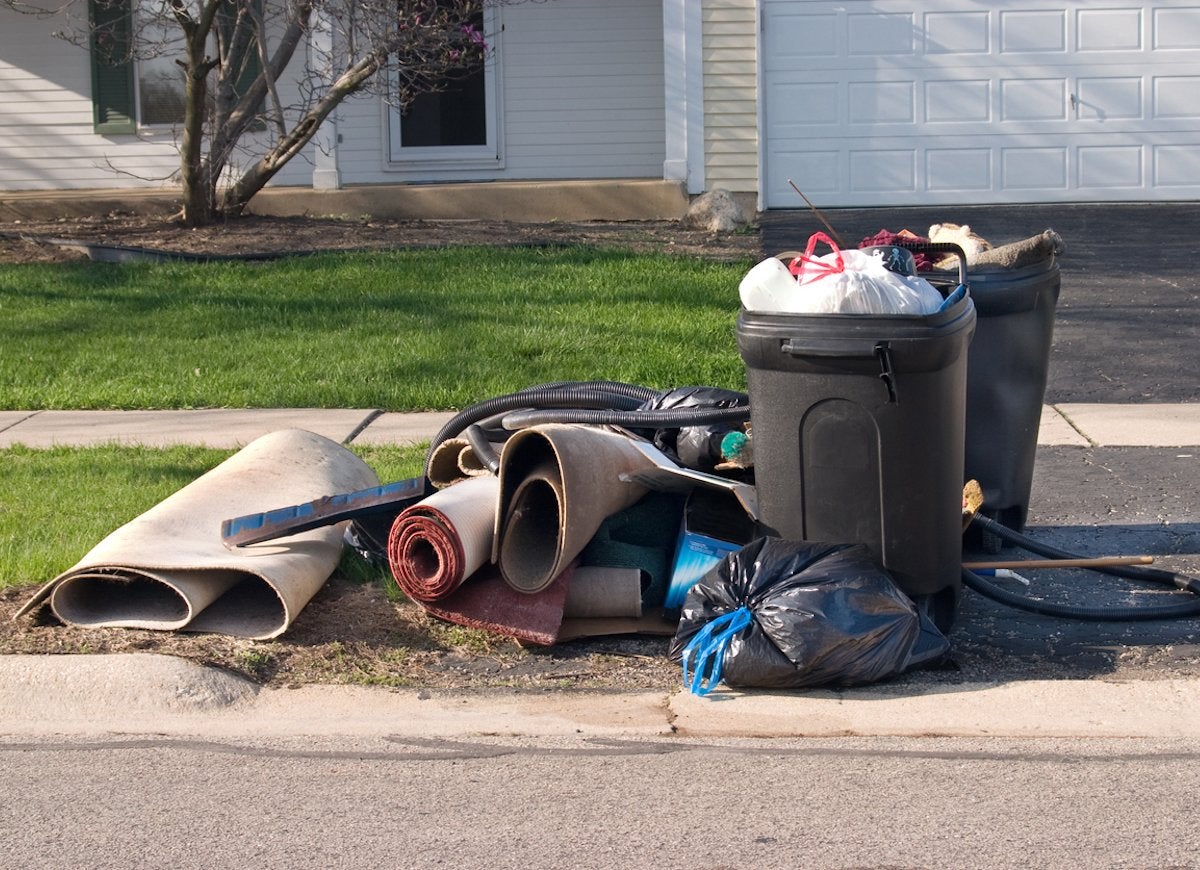
Be mindful of your neighborhood’s official garbage and recycling days, and don’t pile trash in your yard or curbside unless you have scheduled a special pickup (for bulk items and furniture, for example). Make sure food scraps are bagged and placed into closed bins to deter foraging animals.
Sale Items
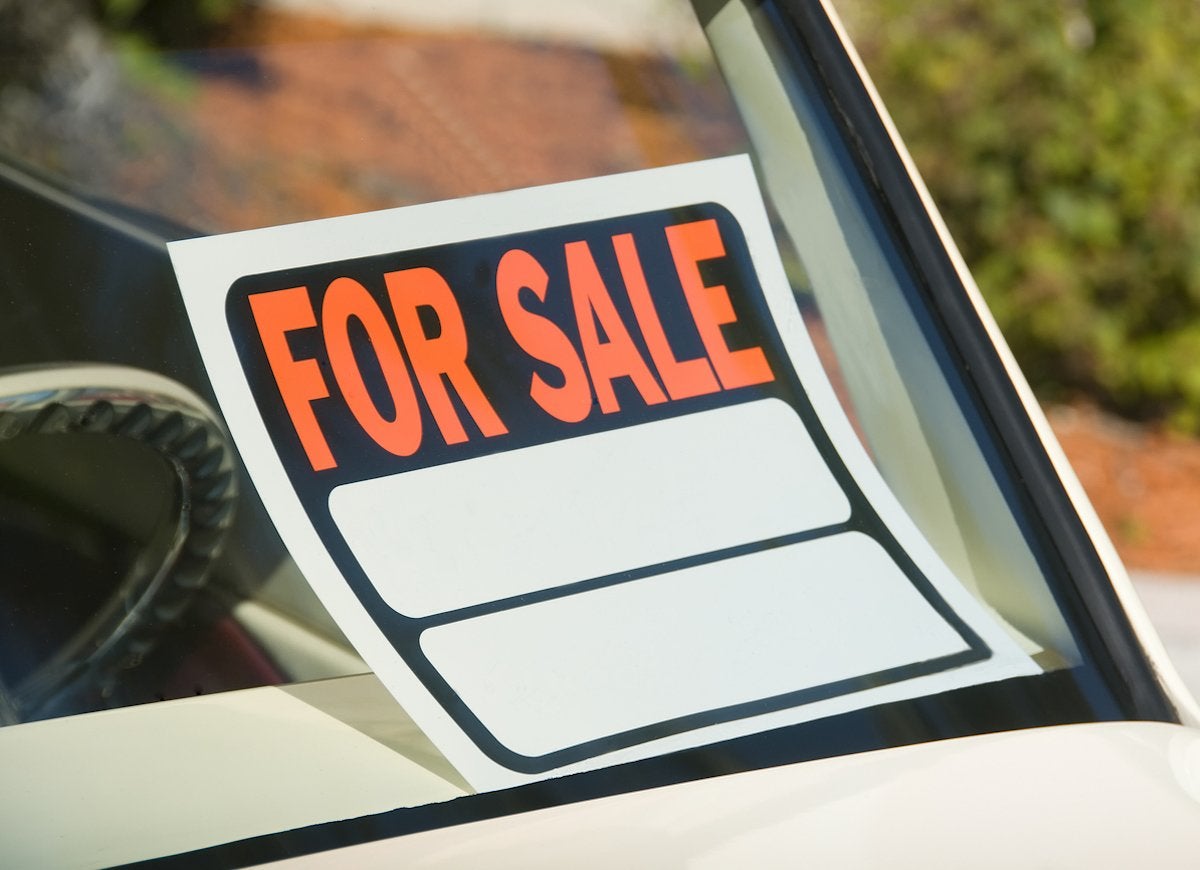
Having an occasional yard sale is a great way to meet your neighbors and make some cash. However, leaving random items scattered around your yard with “for sale” or “free” signs is an eyesore, and may be a violation of local ordinances. And it’s not just curbside “freebies” that you should worry about, either: Look up your city’s laws about posting “for sale” signs in cars. In some locales, this can get you fined.
Cars

Don’t leave your vehicle parked in your yard or driveway for long stretches of time. Exposure to the elements harms the finish on your car and shortens tire and battery life. If you have no way of adding a garage or carport to your property, buy a car cover or pay for a reserved spot in a local parking garage.
Electronics
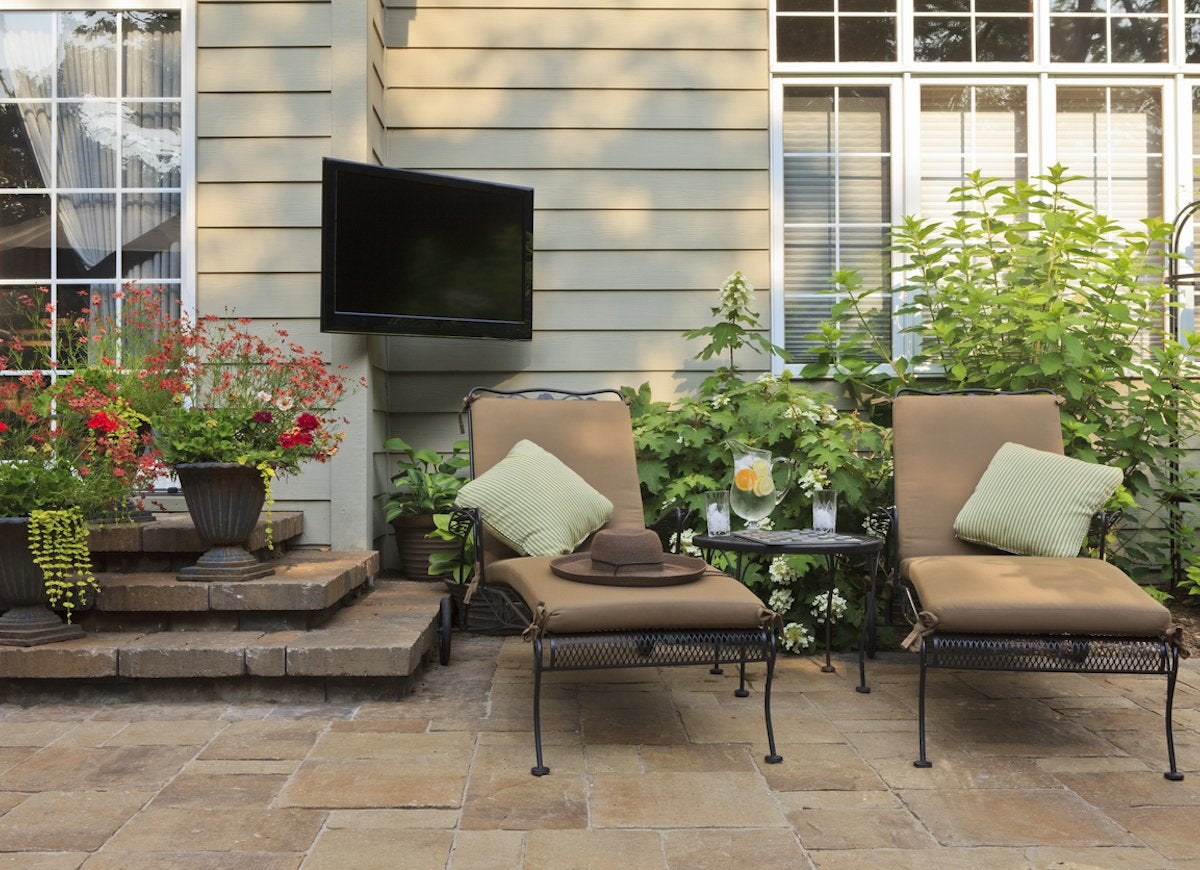
It can be tempting to haul your TV or sound system outside when the weather’s nice. But most electronics are designed for indoor use, so exposure to the elements can harm their delicate circuitry. If you need an outdoor fridge or freezer, make sure you buy products specially designed for these conditions.
Yard Appliances
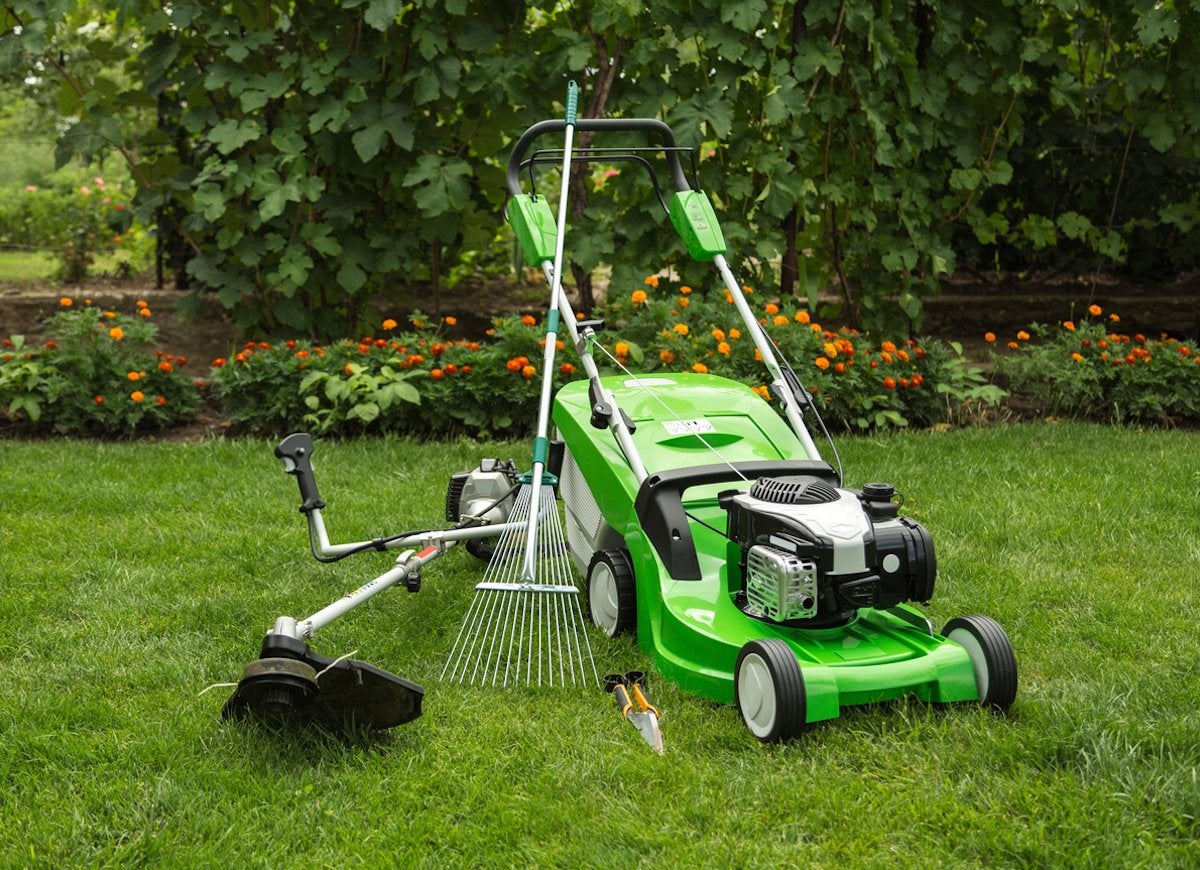
Lawn mowers, hedge trimmers, and even the modest trowel need to be cleaned and stored indoors after a hard day’s work. Damp grass clippings and soil encourage rust, while pests can get into engines and power lines. If you can’t manage to store your items in a garage or shed, at least cover your tools with a tarp and store them in dry, shady areas.
Chemicals and Fertilizer

Leftover house paint, car oil, and fertilizer should be stored in secure, elevated, dry places, away from children and animals. Also, improperly stored bags of mulch and soil can attract insects and small rodents. Even in you’re only planning to keep these items outside until you can begin working in the yard the next day, seal all chemicals and items that pose a pest risk, and store them in the garage or tool shed.
Shoes and Garden Clogs

Keep your home and yard clean by setting aside a portion of your foyer, garage, or mudroom for shoes. Leaving shoes outside, even on the entryway mat, leaves them vulnerable to mold, mildew, dust and pollen accumulation. Bugs, snakes, and lizards may also make a home in your shoes or garden clogs—which would pose an unwelcome surprise next time you decide to wear them!
Hidden Hazards
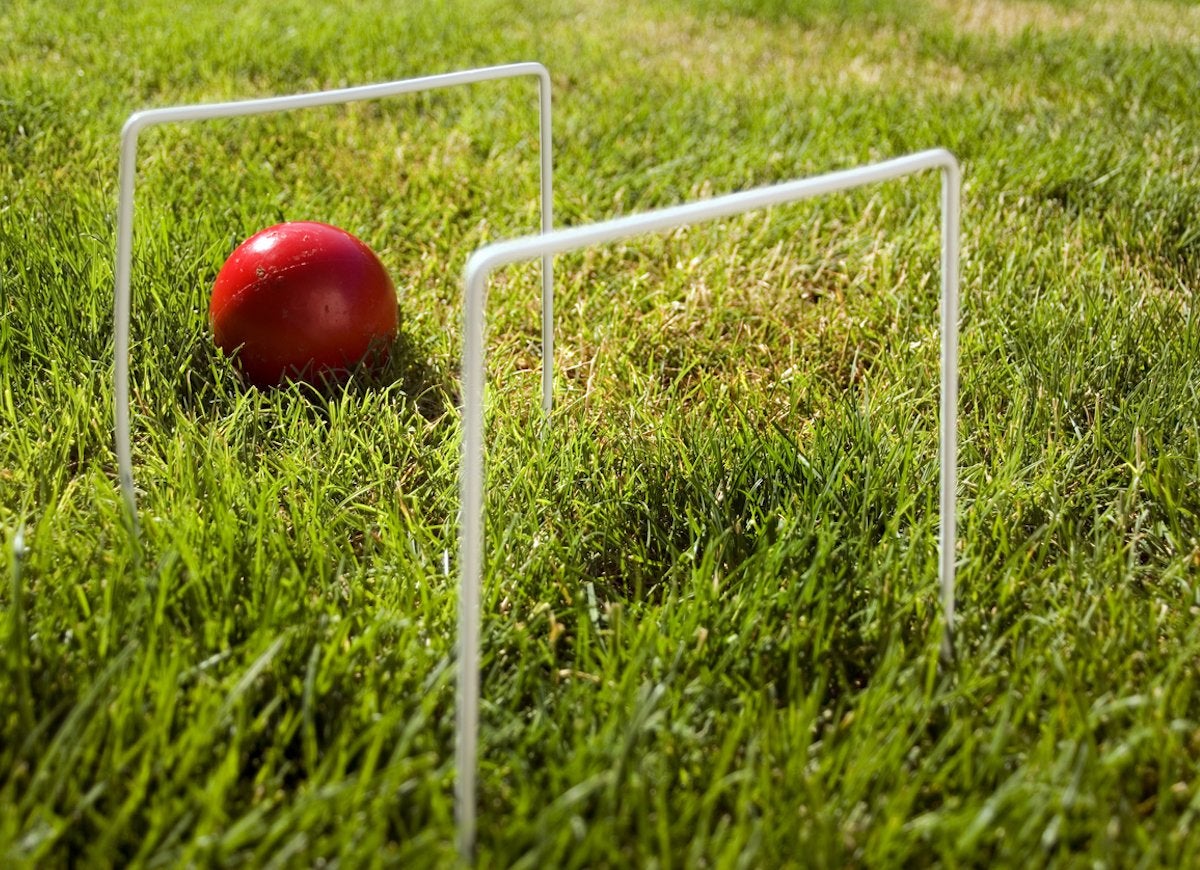
Croquet hoops, badminton birdies, and certainly dog waste are all hard-to-see hazards that should be kept off the lawn. Take special care that the path from the curb to the mailbox is clean and clear of toys, weeds, or insect nests to protect your mail carrier from injuries.
Smells
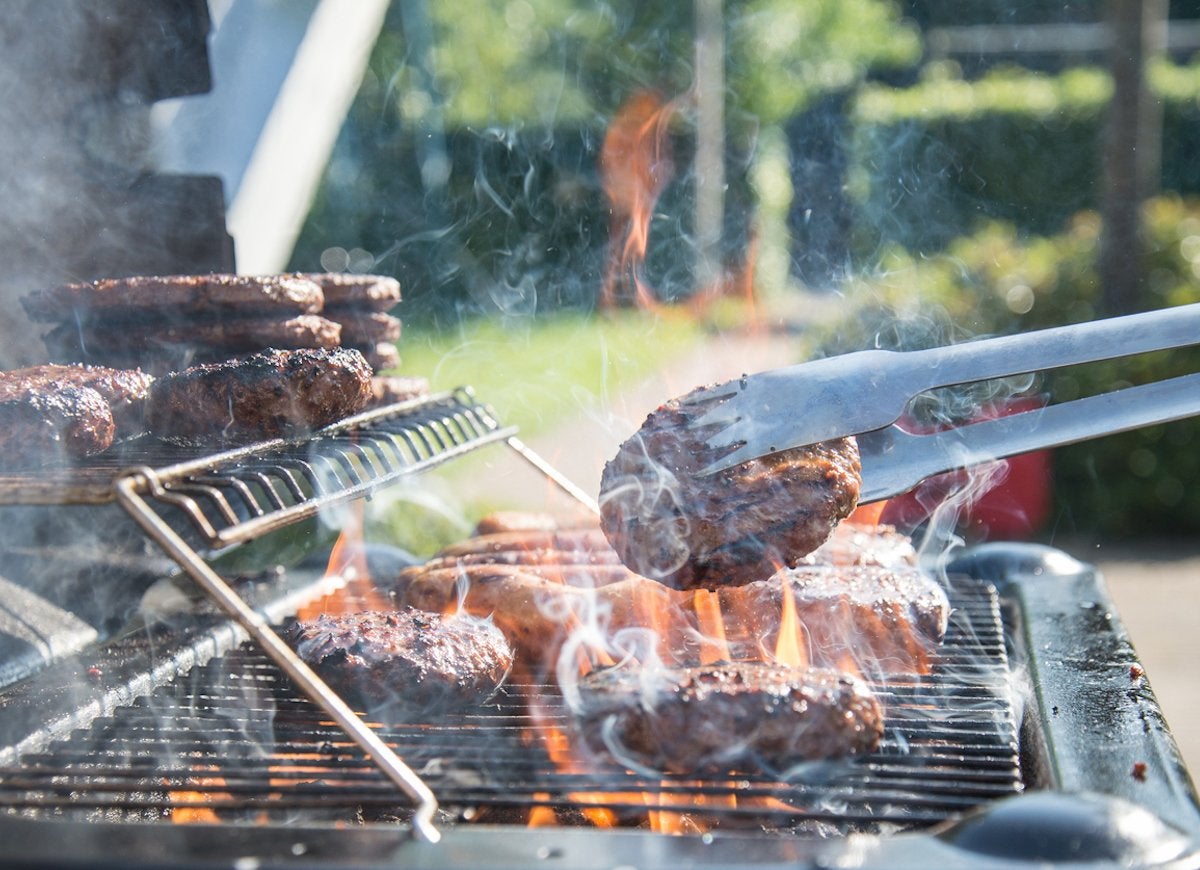
If not positioned correctly, smoke from a grill, or the sickly-sweet smell of compost can easily waft into a neighbor’s yard. When you cook outside, place your grill in a well-ventilated area—downwind if possible. Coordinate composting with your neighbors, and find a convenient, sanitary spot that works for everyone.
Garden Waste
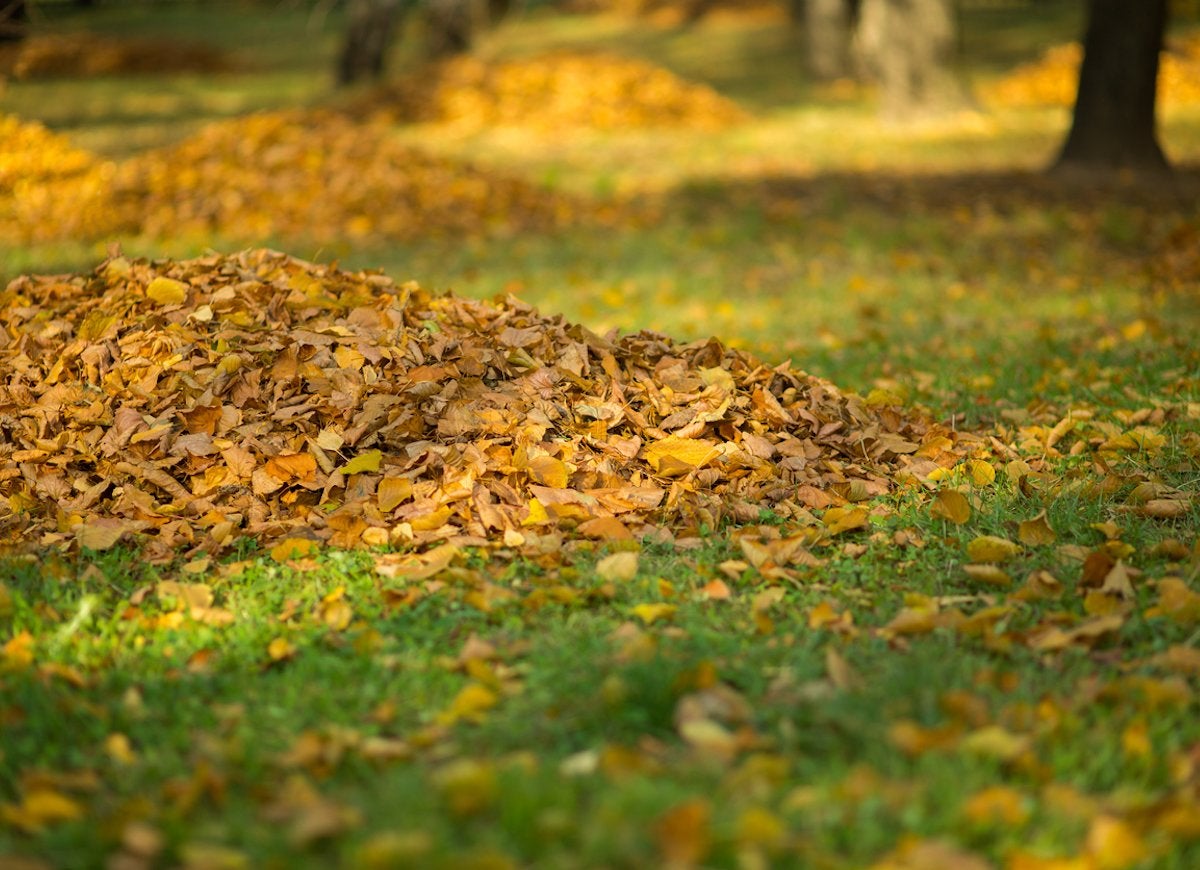
According to the National Wildlife Federation, your lawn actually benefits from a thin layer of autumn leaves or grass clippings as a form of fertilizer. However, you don’t want to leave heavy, unsightly piles of detritus lying around, which will smother grass and invite fungus and pests.
Hose
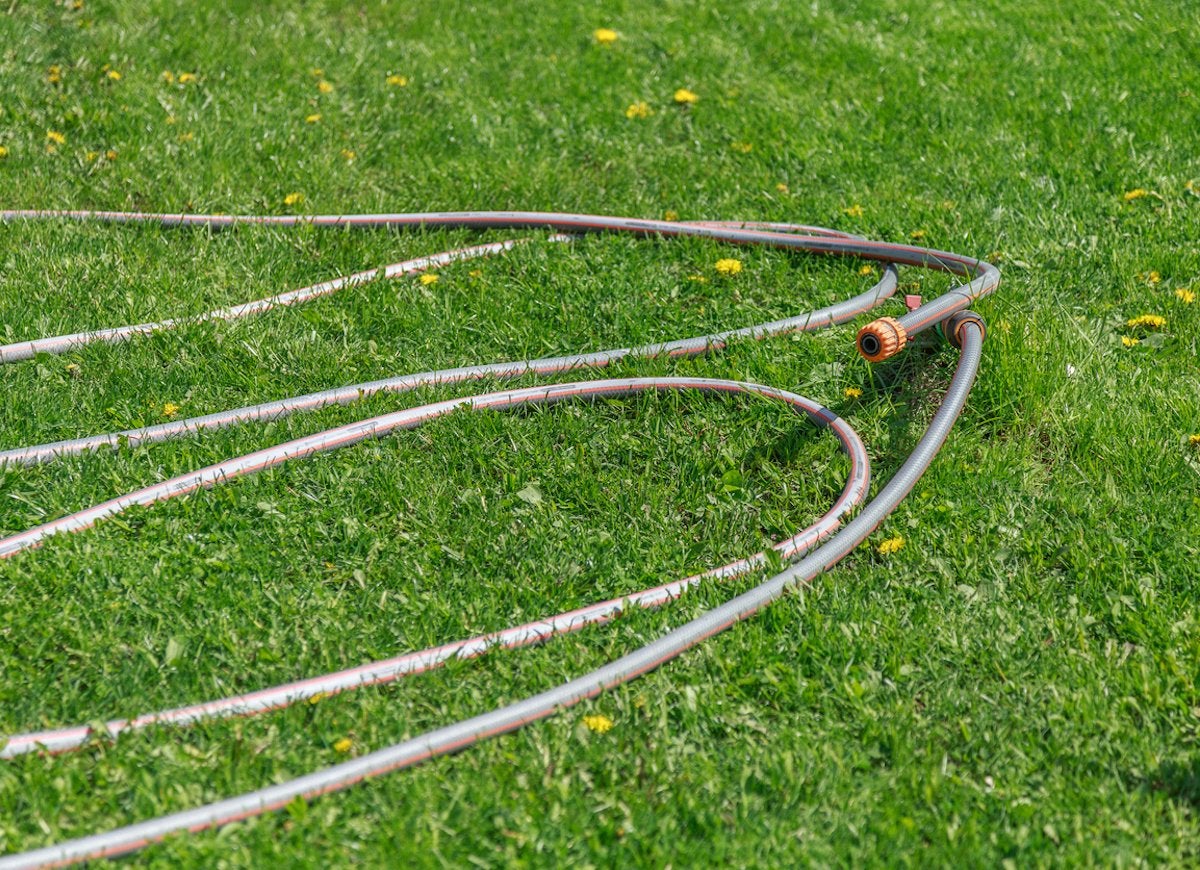
It’s easy to drop your hose after watering your plants, and leave it where it lies but an uncoiled garden hose presents a tripping hazard, and, when exposed to the elements can age, crack, or harden. After a watering session, coil your hose near the spigot, or install a reel or hose holder—and then actually use it!
Sunscreen
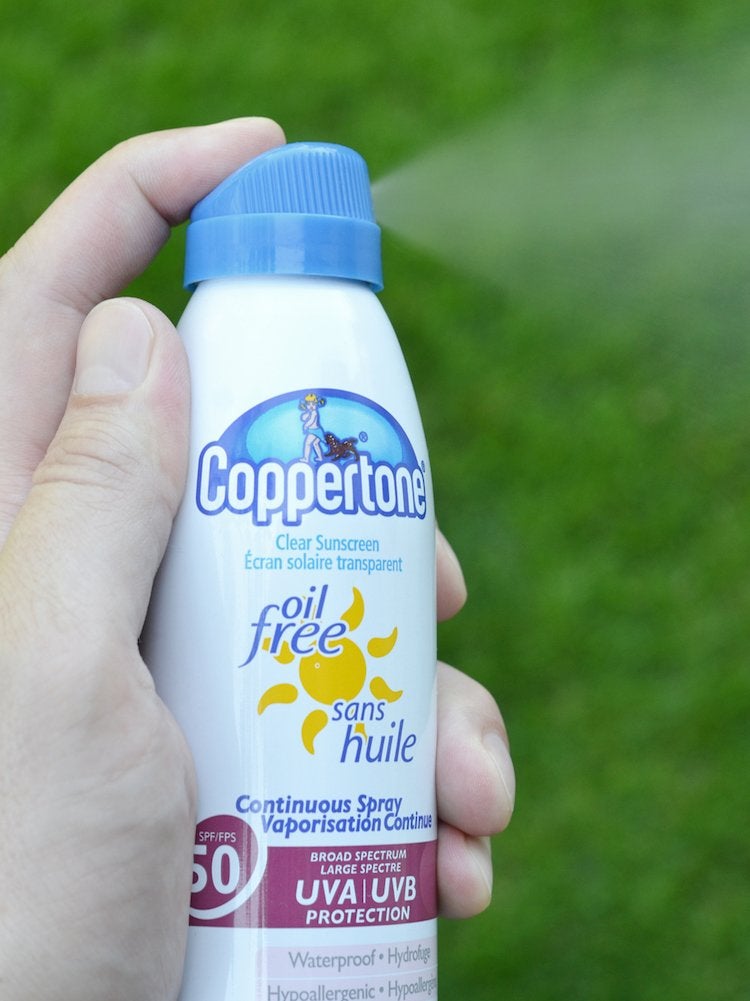
Like other chemicals, sunscreen can deteriorate when left in the sun, becoming less effective over time. Even mineral sunscreens should be stored in cool, dry places, away from animals and small children. Sunscreen tubes are small enough to get misplaced easily, so keep yours in a drawer by the front door or in the medicine cabinet.
Unprotected Skin
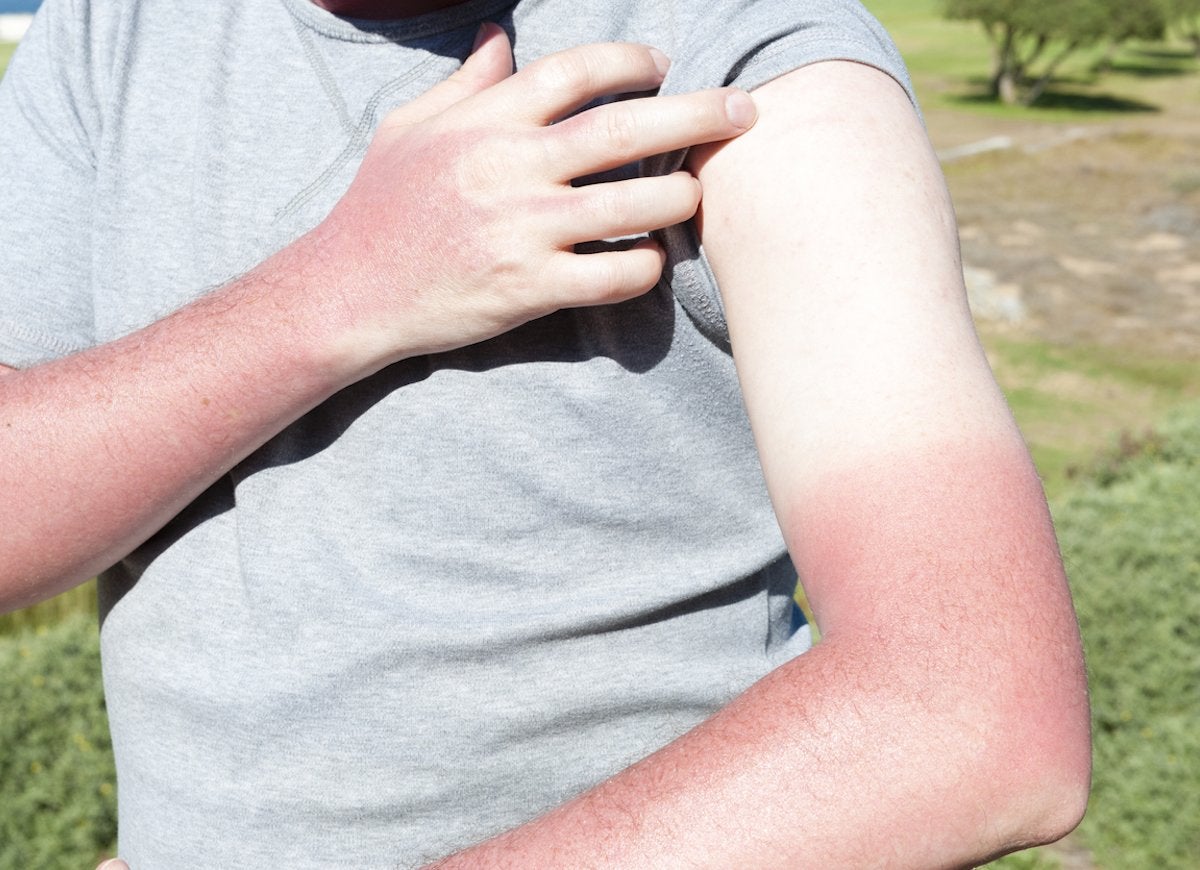
Finally, make sure your skin is protected by long clothing, sunscreen (mineral sunscreen is a favorite with dermatologists), or a hat when doing yard work. Skin cancer continues to increase in the United States, with over 96,480 new people diagnosed in 2019, according to the Melanoma Research Alliance, and minimizing exposure to harmful solar rays is your first defense against illness.

Our Best Advice for Beginner Gardeners
We’ll help you set up your first garden—whether that’s a few pots on your patio, a raised bed, or an in-ground plot out back—and select the right plants for your soil and region.